We keep a close eye on developments across all regulated industries, and we’re coming to you today with an update on the classification of psilocybin, the main ingredient in psychoactive mushrooms--also known as magic mushrooms.
Although psilocybin is commonly known as a psychedelic drug, it is recognized in some circles as a productivity aid at low doses, and soon enough it may be used as a prescription drug for treatment-resistant depression.
In August the Food & Drug Administration (FDA) granted approval to Compass Pathways to perform clinical trials using psilocybin. Compass is a life sciences company that will participate in Phase 2 trials by administering psilocybin treatment to 216 patients. If successful, the trial will move on to Phase 3 by administering the drug to a larger group. If they pass that hurdle, Compass will have to seek and receive “new drug” approval and the DEA will have to re-schedule the drug.
Psilocybin has been listed on Schedule I under the Controlled Substances Act (CSA) since 1970, meaning it has “no accepted medical use” and a “high potential for abuse.” That will have to change if Compass is successful with the FDA.
It’s worth noting here that if Compass uses a synthetic form of psilocybin, access to its treatment could go the way of Epidolex, which is a proprietary synthetic cannabinoid owned by its developer GW Pharmaceuticals. Following Epidolex’s successful clinical trials, the DEA decided to make a very narrow ruling on rescheduling: instead of deciding that all cannabinoids were to be rescheduled off of Schedule I, the DEA ruled that only prescription cannabidiol with THC below 0.1% would be moved to schedule V.
To add an interesting wrinkle to this story, following the FDA’s green-light for Phase 2 trials, Compass became the subject of journalistic investigations for allegedly misleading funders and research partners about Compass’s motives. The company recently transitioned its activities from a non-profit to a for-profit company, and there have been allegations that Compass’s true mission is to create a monopoly for its proprietary psilocybin treatments. [Author’s Note: Cue Dr. Evil maniacal laughter soundtrack/waaah-waaah trombone sound/joke’s on us.]
In other psilocybin news, Oregon’s attorney general has approved language for a measure to appear on the state ballot regarding decriminalization and regulation of psilocybin for compassionate uses. If the proposition passes, Oregon will be the first state to allow decriminalized access to the substance.
We’ll be watching the development of this issue. Please get in touch if you have any questions.
